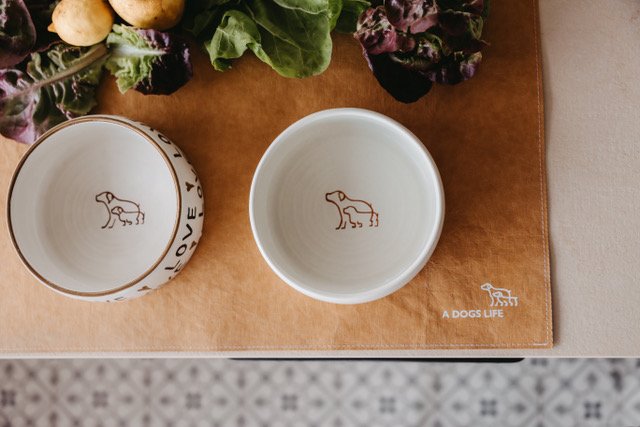
Nutritional Counselling
We wish a long and healthy life for our dog. An optimal nutrient supply can support a lot here. An adapted diet can also help in the case of illness. With today's knowledge, we can offer our four-legged friend a species-appropriate diet. This has an impact on behaviour, appearance, general health and well-being. With the right nutrition, your dog can have the right health management.
Every dog has individual needs and so the diet must also be adjusted. It is important to always review the ration and calculate the actual nutrient requirements. Your dog eats what he gets from you. Therefore, it is important to know what the food composition (declaration) on the packaging means. Find out what words are used in advertising, including unauthorised words. Learn how the food should be prepared so that your dog can digest and use it best.
Needs-based supply of all essential nutrients
Balanced nutrient ratio
Optimal energy supply -> varies according to age and activity level
Composition of meat, carbohydrates, vegetables/fruit, oils and possible additives
No added sugar, flavour enhancers etc.
Careful handling of offal such as liver, etc., to avoid vitamin deficiencies and dysbiosis.
Avoid meat from the larynx, gullet or sting to prevent excessive intake of thyroid hormones
Eating is one of the basic biological needs of our dogs. Since they live together with us humans, we are responsible for a regular dog diet that is appropriate for the species and needs. With a proper diet, especially the intestines stay healthy!!! Which is a very important topic. Gut healthy, dog healthy. The wrong diet can, for example, damage the intestinal mucosa, which in turn can trigger diseases or enable viruses to enter the organism more easily. We also look at the healthy bacteria with the help of laboratory analysis and can also detect parasites. We support any kind of feeding from home-cooked, barf, vegan, dry or wet food. We support them in making sure that the food meets their needs and is prepared correctly.
Important note: Please remember that nutritional advice is not a substitute for veterinary treatment and that a vet should be consulted in the event of illness. The vet is also responsible for the diagnosis.
